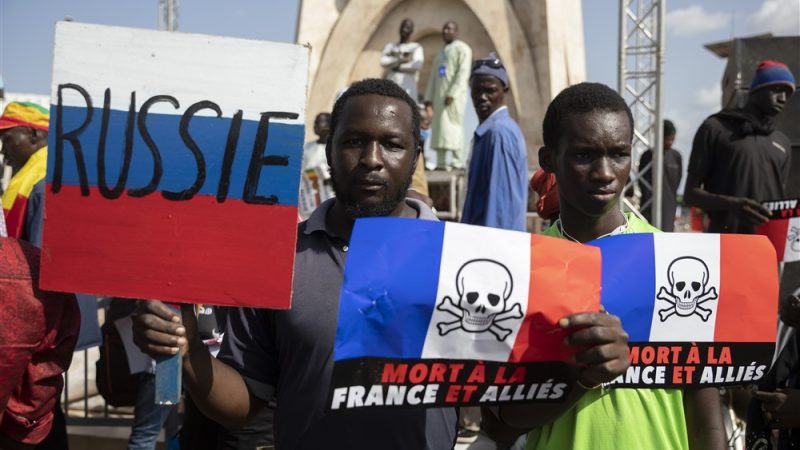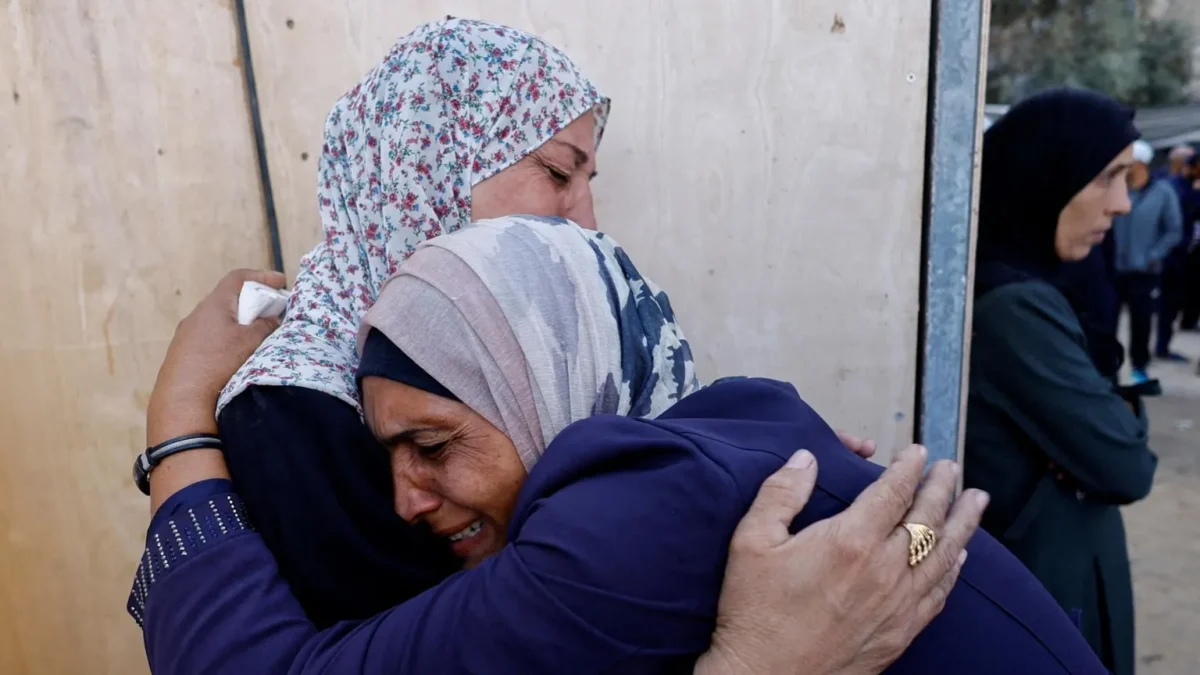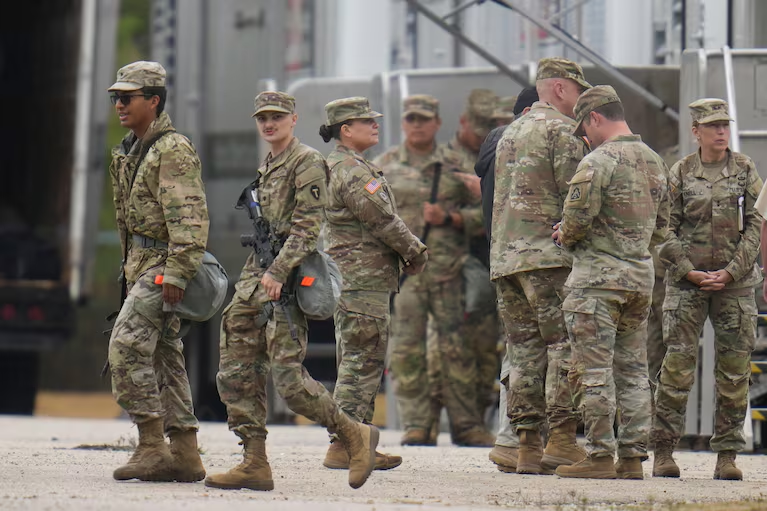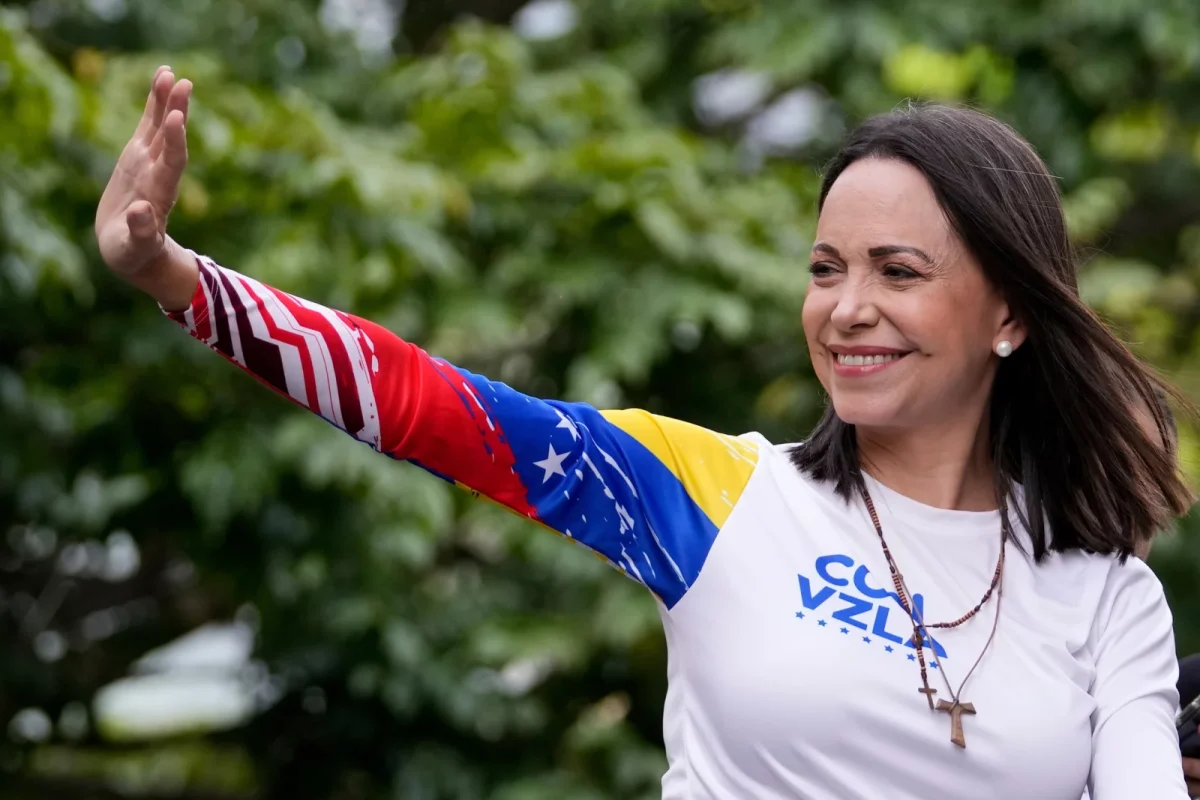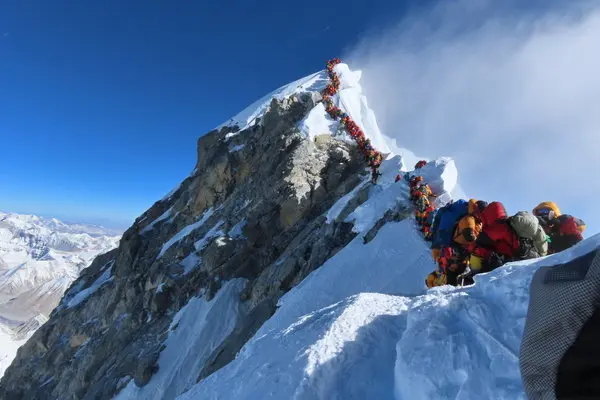The string of recent military coups in West Africa over the last few years has caused the region to become engrossed in competition between France and Russia. The two European powers’ struggle in the region adds crucial context to current events in the Russo-Ukrainian War.
France historically owned the majority of the territory in West Africa as colonies, having officially decolonized the region starting in 1959. However, the decolonization process was complicated. The presence of French domination in the region has continued into the modern era.
The French have maintained very strong economic, diplomatic and military ties with the governments of West Africa.
“France has always been at the side of Africa whenever its stability has been jeopardized,” French President Emmanuel Macron said.
France has kept thousands of troops stationed in West Africa to fulfill a multitude of roles, notably counter-terror operations. It has also instituted a number of economic ties, most notably pegging the CFA Franc, the currency used in many West African nations, to its own currency.
These economic ties in the region have enabled France to access African markets in ways no other nation can. The French military presence has helped ensure that pro-French governments stay in power and allows France to maintain global prestige as a power broker.
However, in recent years, a string of military coups have taken place in Francophone nations leading, in many cases, to the removal of French military forces and pro-French governments. However, the regimes still need military backing for a guarantee of power— with the French gone they turn to the Russians.
The Wagner Group, a Russian mercenary group with direct ties to the Kremlin, already has a reported presence in the Central African Republic, Mali and Burkina Faso. The Wagner Group has help requested by Niger. All these nations have recently had military coups, and have removed the presence of French troops from their respective countries.
But what does Russia have to gain from these arrangements? The answer is gold.
According to The Blood Gold Report, Wagner Group has earned Russia 2.5 billion dollars in African gold. Wagner Group has been able to get mining rights and agreements from these new African governments in return for keeping the regimes in power.
The French have noticed these changes in West Africa as a trend and a pull away from Paris and toward Moscow.
“In the Central African Republic, or elsewhere, to see that the Russian project on the way there, when France is pushed aside, is a predatory project,” Macron said.
These comments are made in light of supposed human rights violations committed by the Wagner Group.
Russian President Vladimir Putin has denied the idea of Russia purposefully engaging in Africa, highlighting the independent nature of the Wagner Group and the African governments.
“We’re not inciting anyone there, we’re not setting anyone up against France,” Putin said.
Despite this, the economic efforts of the Wagner Group have been good for Russia, considering the war in Ukraine and the sanctions that the West has levied against Russia. These events in Africa reveal the complexities of the geopolitical circumstances in relation to the Ukraine war.
Macron has recently refused to rule out the possibility of French boots in Ukraine. A decision that some relate to the realities that are developing in Africa, and the growing negative realities in Ukraine.
In their bid against Russia, France has made blatant efforts to curb Russian expansion and power. Is Paris concerned with the actions of Moscow and the Wagner group, or are they trying to settle a score with Russia?



